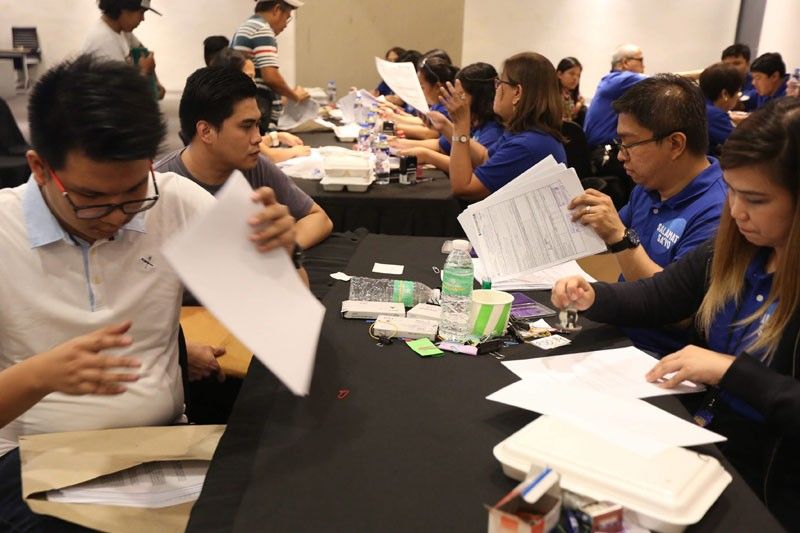Foregone revenues due to tax perks reach P178 billion in 2016

MANILA, Philippines — The government lost P178.56 billion in potential revenue due to the grant of tax incentives to 3,102 corporations in 2016, according to the Department of Finance (DOF).
Of the amount, P74.53 billion was foregone revenue from the grant of income tax holidays, P46.66 billion from special income tax rates, and P57.38 billion from customs duties exemptions, Finance Undersecretary Karl Kendrick Chua said during a House ways and means committee hearing.
Chua said the amount does not yet include foregone revenue from the value-added tax (VAT) exemptions on imports enjoyed by enterprises registered with investment promotion agencies.
It also does not include foregone taxes and other leakages.
In 2015, the government incurred P301.22 billion in losses due to the provision of tax incentives and other perks to large corporations, including VAT exemptions and local tax privileges.
Earlier, Chua said some tax incentives given by investment promotion agencies are “unnecessary” as enterprises which receive them do not give as much economic benefits as expected.
He said on average, there is no difference between the performance of firms receiving incentives and those paying the regular corporate income tax rate, in terms of employment, exports, investments, and productivity.
On the other hand, Chua said micro, small and medium enterprises (MSMEs) pay the regular corporate income tax rate of 30 percent despite the fact that they employ 63 percent of the country’s workforce, and account for 25 percent of the country’s total revenue from exports.
According to Chua, what the government wants is to give incentives which are targeted, transparent, time-bound, and based on performance, as proposed under Package 2 of the Comprehensive Tax Reform Program.
Package 2 of the CTRP seeks to reduce the corporate income tax rates in the country, while rationalizing the fiscal incentives system.
It also seeks to replace the five percent gross income earned tax granted to certain enterprises with a 15 percent rate on the net taxable income.
The proposal also pushes for the harmonization of incentives through the Fiscal Incentives Review Board and for the repeal of 123 special laws on incentives to give way for an omnibus code called the Strategic Investment Priority Plan.
Under this omnibus code, businesses may be granted up to three years of income tax holiday (ITH), a reduced corporate income tax rate of 15 percent up to five years inclusive of the ITH, a 50 percent tax allowance for qualified capital expenditures, along with varied rates of tax deductions for research and development, training, labor expenses, infrastructure development, and reinvestment.
The package also aims to expand the mandate of the Fiscal Incentives Review Board and introduce improvements to the Tax Incentives Management and Transparency Act.
- Latest
- Trending





























